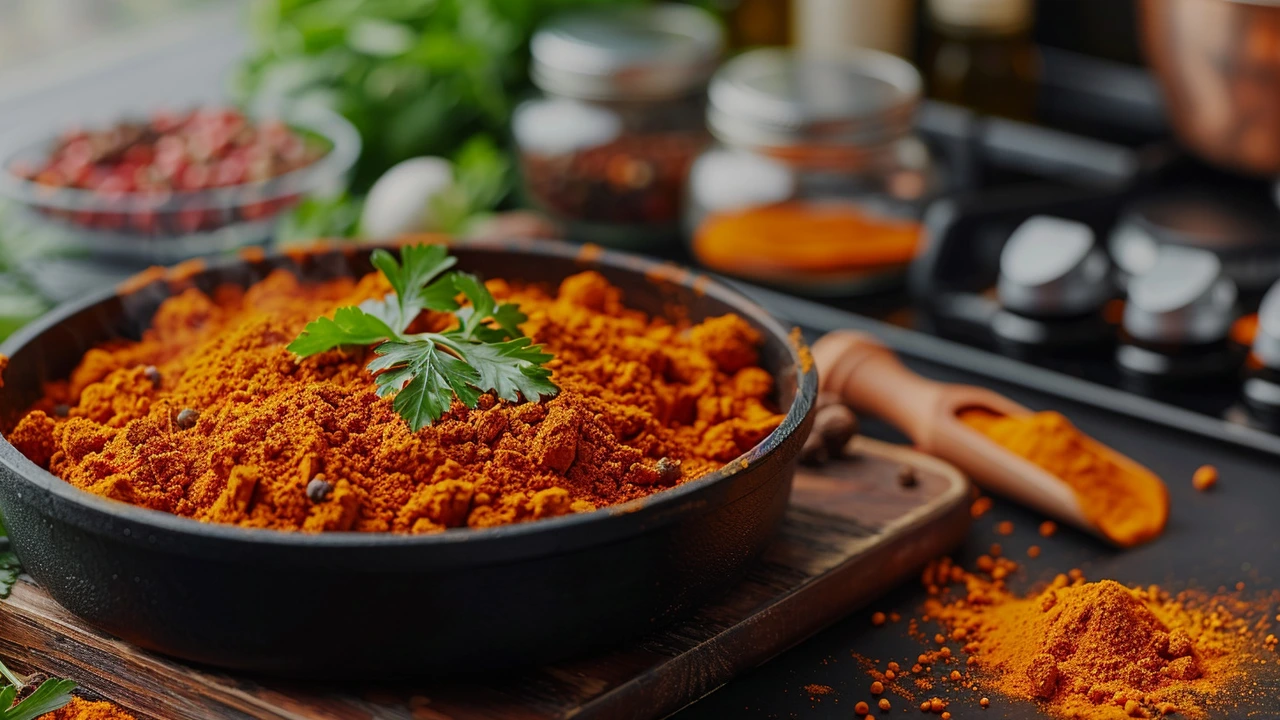Anti-Inflammatory Tips That Actually Work
Feeling stiff, tired, or achy more than you used to? Low-grade inflammation shows up in subtle ways—sleep trouble, bloating, slower recovery after workouts. You don’t need complicated plans. Try a few clear, doable habits and you'll notice real change.
Food-first anti-inflammatory plan
Start with what you eat. Build meals around colorful plants, healthy fats, and whole grains. Practical examples: oatmeal topped with berries and walnuts for breakfast; a salad with spinach, cherry tomatoes, olive oil, and canned salmon for lunch. Add turmeric and black pepper to soups or curries—black pepper boosts curcumin absorption. Swap sugary snacks for a handful of almonds or an apple with nut butter.
Foods that lower inflammation: fatty fish (salmon, sardines), leafy greens, berries, tomatoes, olive oil, nuts, ginger, garlic, and fermented foods like yogurt or kefir. Foods to cut back on: refined carbs, sugary drinks, processed meats, and trans fats. Small, steady changes beat extreme diets—replace one snack or one meal at a time.
Daily habits that cut inflammation
Move daily. Aim for a mix of cardio and strength two to three times a week—walking, cycling, bodyweight exercises. Movement helps blood flow and reduces inflammatory markers. Sleep matters: aim for 7–9 hours and keep a regular bedtime. Poor sleep raises inflammation fast.
Stress drives inflammation too. Short practices work better than long sessions: try a five-minute breathing break, a quick guided meditation, or biofeedback tools to calm your nervous system. If you’re active in sports, sports massage can reduce muscle soreness and help recovery.
Gut health links directly to inflammation. Eat fiber-rich foods (beans, whole grains, veggies) and include fermented foods when you can. If bloating or digestion is a constant problem, check out gut-focused tips or see a clinician—fixing gut habits often drops inflammation.
Supplements can help but aren’t magic. Fish oil (omega-3), vitamin D if you’re low, and a standardized curcumin supplement are common choices. Talk to your doctor before starting anything, especially if you take medications.
Want quick, practical ideas from our site? Try these reads: "Healthy Breakfast Benefits" for anti-inflammatory morning meals, "Health Juice Benefits" and "Why Health Juice Is the Best Post-Workout Drink" for easy anti-inflammatory drinks, "Gut Health: Simple Steps for a Healthier You," and "Biofeedback for Stress Reduction." Each article gives step-by-step tips you can use today.
Pick one food swap and one habit to start this week—swap soda for green tea, or add a 10-minute walk after dinner. Small moves add up, and you'll likely feel better within days to weeks.

Turmeric's Health Prowess: Understanding Its Powerful Benefits
This article explores the remarkable health benefits of turmeric, a vibrant spice known for its potent medicinal properties. Readers will discover how turmeric's main component, curcumin, plays a crucial role in combating inflammation and acts as a powerful antioxidant. The piece also delves into turmeric's potential effects on brain health, its role in preventing chronic diseases, and how it can aid in digestion and pain relief. Practical tips on incorporating turmeric into a daily diet are also provided, making this spice an indispensable part of a healthy lifestyle.
Read More